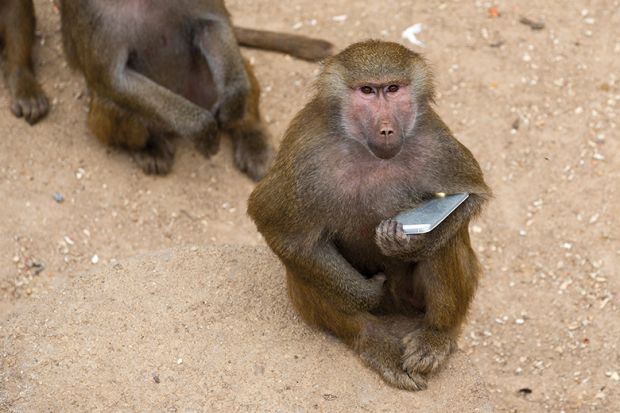Posting a funny tweet about one’s work can earn researchers more than a casual laugh or a “like”, according to a new analysis suggesting that those who actively engage with social media to discuss their papers are likely to receive more citations after publication.
As scholars face increasing pressure to make good use of social media platforms such as Twitter and Facebook to promote themselves and their work, a number of postdoctoral fellowship programmes already include special training in social engagement.
Acknowledging this cultural shift in a new paper, “Tweet success? Scientific communication correlates with increased citations in Ecology and Conservation”, published on PeerJ, scientists from the University of Alberta set out to investigate how directly impactful such media can be with regard to citations.
Using ecology and conservation biology as an example, researchers gathered citation figures and other descriptive data such as the year of publication, journal impact factor and article type for 8,322 papers published in 867 different journals between 2005 and 2015.
Drawing on the articles’ “attention scores”, calculated using the Altmetric platform, the researchers were able to establish a direct correlation between articles’ prominence on social media and citations.
While Twitter has greatest influence on papers’ attention scores, the researchers also found that featuring in a blogpost was most likely to increase an article’s citations.
The impact varied over time, and by type of article: for papers that had received relatively little interest and hence had low attention scores, a 21-unit increase in attention score resulted in 10 additional citations, on average. For papers with moderate attention scores, a 143-unit increase in attention score was needed to deliver the same number of additional citations.
There was also evidence to suggest that “the degree and type of social media attention an article receives is also dictated by the article’s content”, with articles featuring climate change, positive news or “charismatic animals” drawing more attention overall.
For the most popular papers, with the highest attention scores, social media activity had no further impact on citations.
Clayton Lamb, a PhD candidate at the University of Alberta and lead author of the study, said this tailing off of interest was thought to be a result of “message saturation”. The social media platform had limited scope for reaching new people, he explained, meaning “at some point you have influenced the majority of those who would be likely to cite you”.
Nonetheless, researchers should make active use of social media engagement tools in order to boost exposure of their research as well as to “enhance their performance under traditional measures of scholarly activity”, the authors conclude.
Register to continue
Why register?
- Registration is free and only takes a moment
- Once registered, you can read 3 articles a month
- Sign up for our newsletter
Subscribe
Or subscribe for unlimited access to:
- Unlimited access to news, views, insights & reviews
- Digital editions
- Digital access to THE’s university and college rankings analysis
Already registered or a current subscriber? Login









